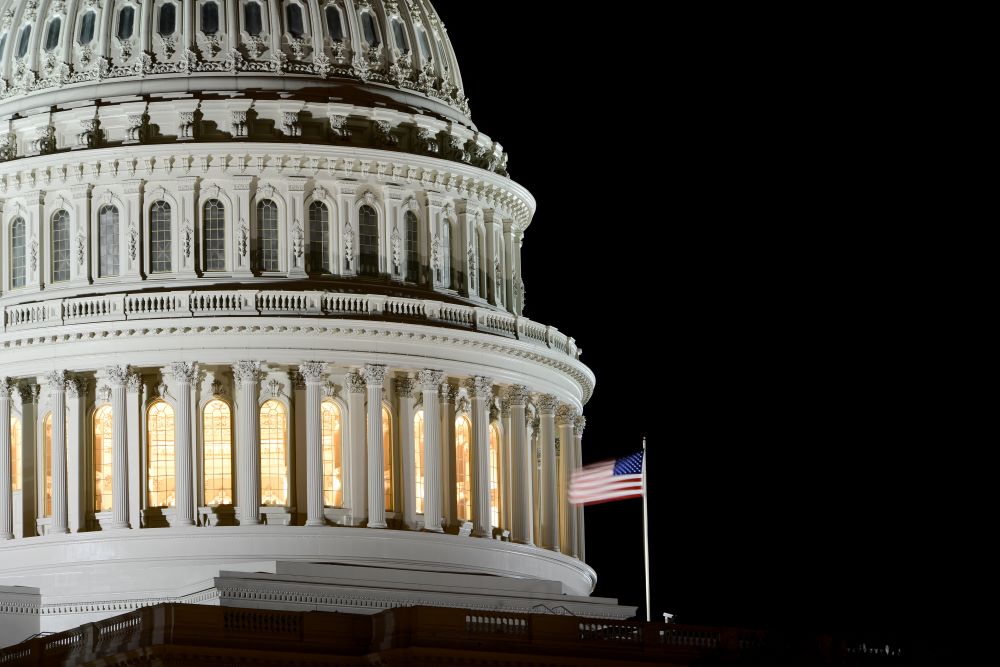
March 28, 2023

The federal Research & Development (R&D) tax credit has been an important savings tool leveraged by businesses since it’s inception in 1981. While it has been modified to permit broader access, the incentive has helped thousands of companies offset the cost of eligible activities. A key aspect of the credit is the ability to claim and deduct eligible expenses in the year incurred. This not only allows companies to experience immediate savings, but provides the funds needed to maintain, or even expand, research activities. In other words, the credit has long been an important savings tool for many engaged in innovation.
Unfortunately, a change in the Tax Cuts & Jobs Act (TCJA) means businesses can no longer immediately deduct eligible expenses but must now amortize over a 5-year period. The change is expected to have an adverse impact on R&D over the coming years. It is expected to result in the loss of 23,400 R&D jobs in the first five years with a reduction in R&D spending by $4.1B over the same period. To remedy the issue, the American Innovation & Jobs Act was recently introduced in Congress. The legislation not only calls for a reversal of the amortization change but makes other important updates. To help clients, prospects, and others, Wilson Lewis has provided a summary of the key details below.
The changes called for in the American Innovation & Jobs Act would mean additional savings for businesses. Since the legislation was only recently introduced it is likely to undergo changes as it works through Congressional review. In any case, it does provide important insight into bi-partisan efforts to change R&D regulations. If you have questions about the information outlined above or need assistance with a tax or accounting issue, Wilson Lewis can help. For additional information call 770-476-1004 or click here to contact us. We look forward to speaking with you soon.
Notifications